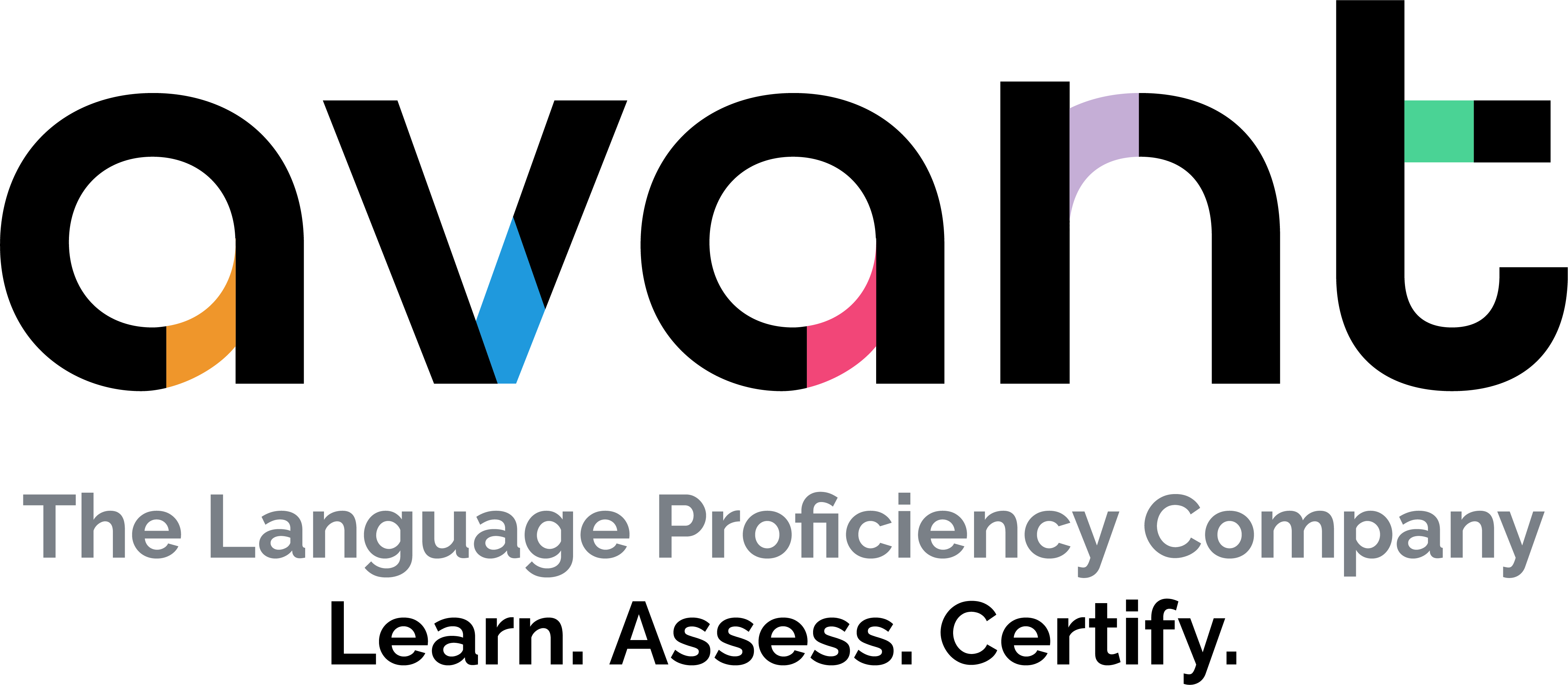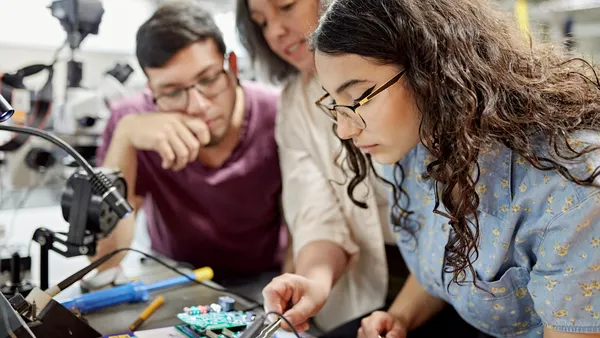Dive Brief:
- The Hamilton Education Program, also known as EduHam, based on the Broadway hit and available to Title I schools since 2016, will spread to a wider array of students this fall as part of a pilot program involving 76 public and private schools across the country.
- Blending American history with performing arts, the Gilder Lehrman Institute of American History’s program engages students in creating original works — such as poems, raps and songs — related to Alexander Hamilton and the country's founding. Students in grades 6-12 participating in the Hamilton Education Program Online will have access to information about key events and documents as well as video clips from the musical.
- They will also be able to enter their work in a national competition and participate in a lottery. Winners will be selected once a year for a trip to New York City to see a matinee performance of the show and have “a full-day theater experience,” according to a press release. The Rockefeller Foundation, which provided funding for the original Title I program, is also paying for the pilot expansion. The online program is expected to be available nationally in the fall of 2020.
Dive Insight:
The program for Title I schools, in which students get the opportunity to talk with cast members and perform their material on stage before viewing the hit musical in their town, is continuing. This upcoming school year, the program will reach students in 10 cities, including Atlanta, Los Angeles, Nashville and St. Louis. The institute’s goal is to serve 250,000 students in Title I schools by 2020. So far, 138,654 students have participated in the program.
“From everything that has come out of Hamilton, I am most proud of EduHam and of the students who have created their own incredible work from primary sources,” Lin-Manuel Miranda, who created the musical, said in the statement. “I'm thrilled by the storytelling that comes out of the EduHam curriculum and the hunger it awakens in students who are empowered to dig deeper and find inspiration from our collective history.”
The expansion of the program brings additional resources to schools looking to increase civics education and give students meaningful ways to connect the past with the issues they care about today. The program also reinforces for students the value of using primary sources and artifacts when conducting research and completing assignments.












